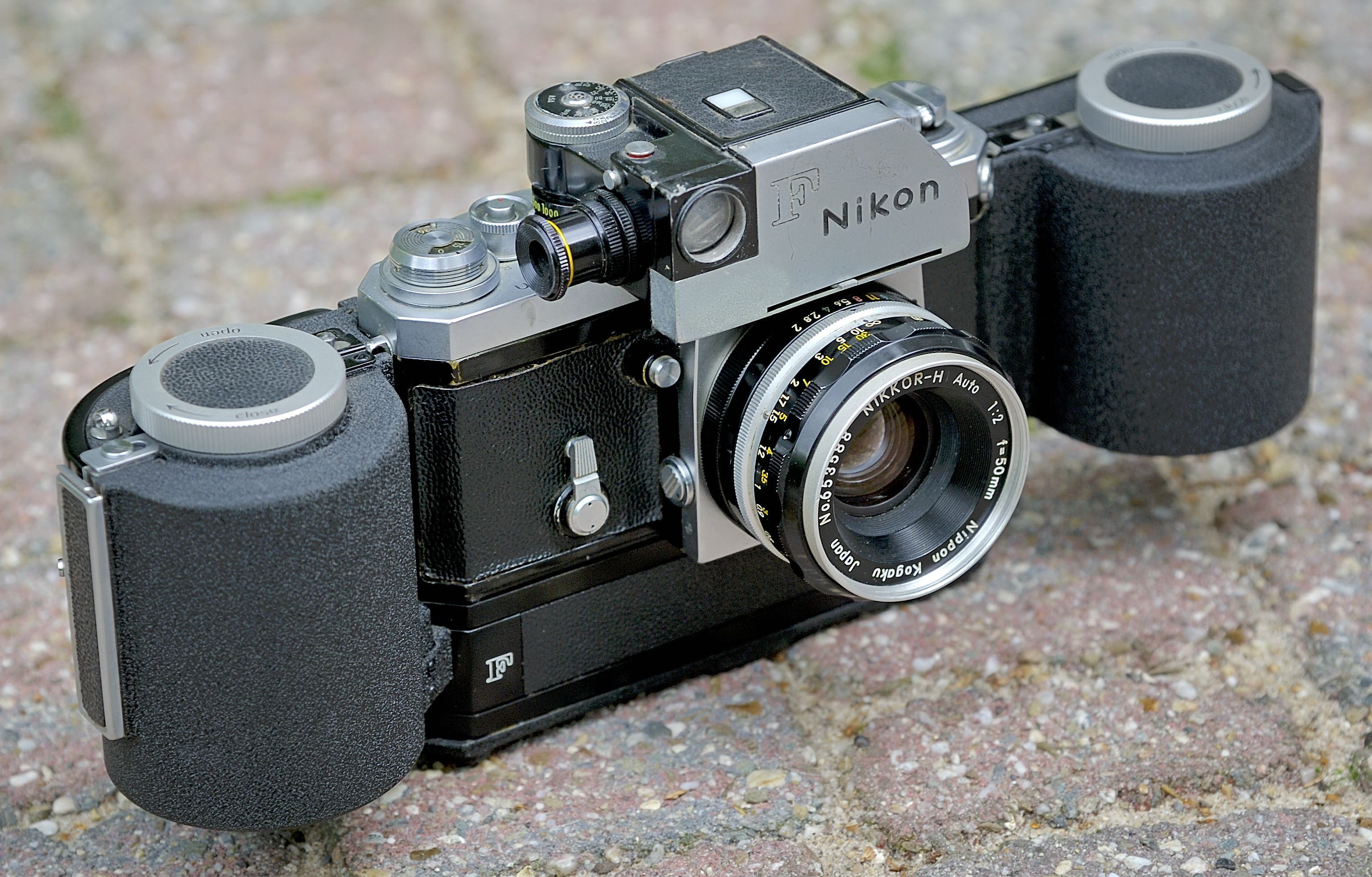- Messages
- 4,717
- Name
- Ian
- Edit My Images
- Yes
I'm still not sure if anything bad is happening.I think you're just proving the point that it is a craft and, as a craft, is slowing vanishing - just as Thatchers, Wood-turners, Farriers, Blacksmiths, Coopers, Wheelwrights, etc.
If you look at those crafts you mentioned, some are dwindling due to lack of demand of their product. Like thatchers. Yet some, like coopers and blacksmiths made products still in demand, yet now made in factories with better machines. So these could be seen to relate to photography where the machine has improved. (If you make a picture by hand it's called a painting.)
From my experience, good craftsmen will use the best tools for the job. Which may have been a spoke shave or had a range of different sized hammers. They'd have the best one as they'd be using it all day. I was once an experience draughtsman using the best bows and squares and drawing boards available. However, when we found we could do a better job using a computer and software, it became "unprofessional" to do it the old way. As much as we'd loved it. As it was the results that counted.
Last edited:

